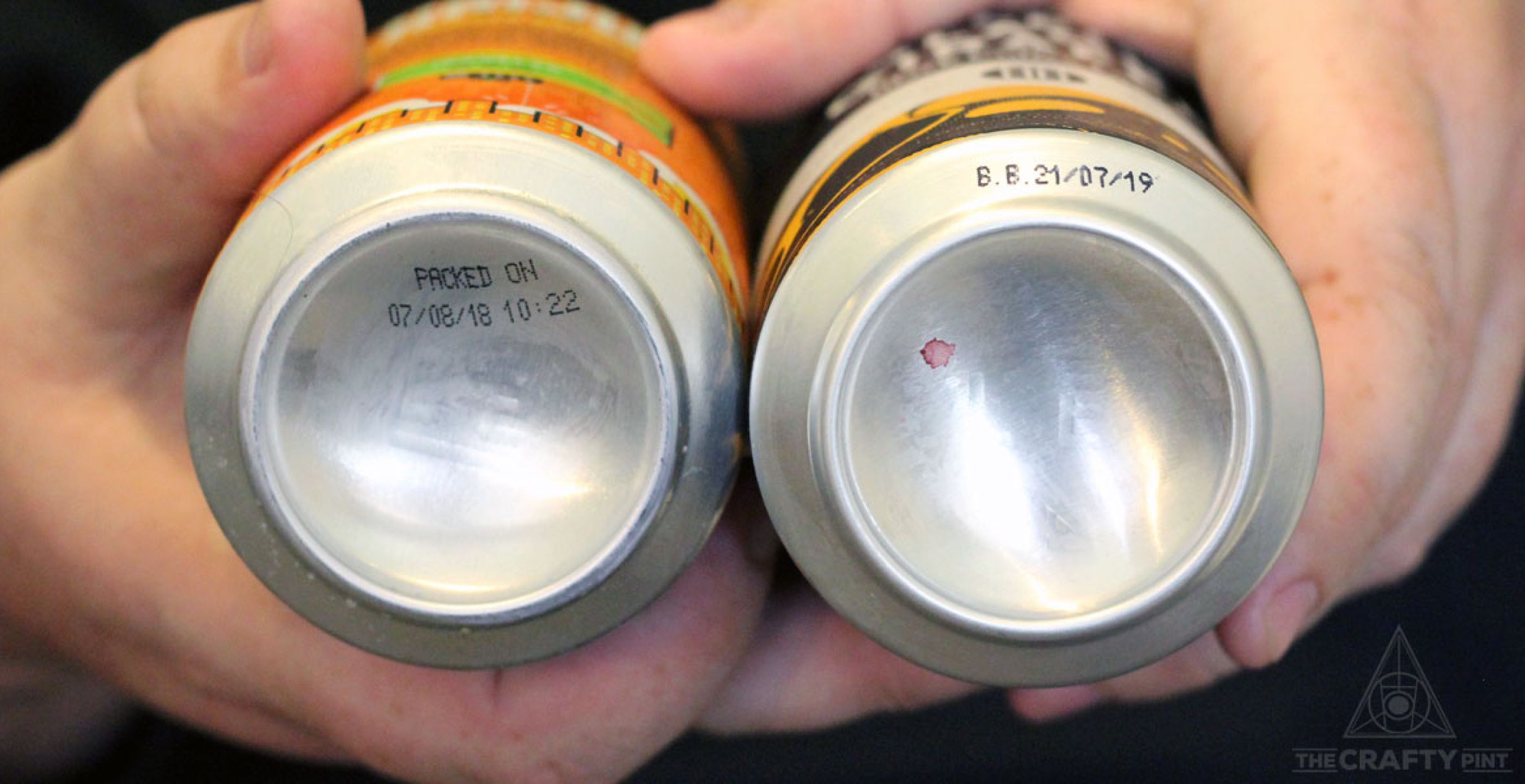The country's craft brewers are being advised to check their labelling is up to scratch before they get caught out – or find their beers rejected by some of the country's biggest retailers.
It comes as the Independent Brewers Association (IBA) launches its Beer Labeling Guidelines following a months-long process of consultation with brewers, retailers, industry bodies and a leading lawyer. The decision to put together the detailed guidelines for brewers was driven in part by conversations that arose following the launch of the IBA's independence seal and a realisation that there was disagreement and confusion within the industry as to legal requirements with labelling.
Among the key messages the IBA wants to pass to brewers is that they must put a best before date on any beer unless that best before date is more than two years away, something that would only apply to a minority of beers, for example some bottle-conditioned, sour or higher ABV examples. Much focus within the industry recently has been on including packed on dates so customers know how fresh the beer is, but the advice is that the best before is required while providing both is ideal.
What this also means is that any brewers putting beer into pack who don't have the means to put such information on their bottles or cans will have to invest in date-stamping tools or find an alternative means of doing so.
While the vast majority of the information in the guidelines will be common knowledge, there are other aspects that brewers may not be aware of, for example the use of unusual ingredients – an increasingly frequent practice – that may be banned in foodstuffs, such as types of fungi, and a requirement to incorporate the country of origin.
IBA CEO Alexis Roitman, who joined the association earlier this year and describes the IBA's role as pushing for "quality, independent beer everywhere", says there are great benefits for getting labelling right, particularly when it comes to date-stamping.
"Consumers rely on it; they really want to know that their IPA is fresh," she says. "In stores where there's a lot of stock – are retail staff expected to guess which stock is fresh and which not?"
As part of the process of putting the guidelines together, the IBA team worked with Diarmaid O'Mordha, quality and sustainability manager at the Endeavour Drinks Group, which includes Dan Murphy's, BWS and the ALH group of venues. In a Q&A accompanying the launch of the guidelines, he said labelling was reviewed before agreeing to range any product, adding, "it’s important that all products that are ranged in our stores adhere to the highest possible standard".
Last year, we spoke to Grant Wearin of Modus Operandi about their push to educate the consumer with packed on dates; at the time the Northern Beaches brewery had produced a short video about their preference for that approach over best before dates. Fifteen months on, he says they'll be sticking to their guns, believing "best before dates have always been arbitrarily selected".
"The example I would point to is Coopers Brewery, the biggest independent in Australia, do not do a best before date," he says.
"We think we've undertaken enough education within our consumer base to know that freshness is important, not an ad hoc best before date that is really a finger in the air exercise. I think best before dates are being pushed for by those companies that have hidden behind [them] for many years and now they're finally changing that stance.
"So, to make them look like the best before date isn't a demonic thing, they're saying, 'We'll add the packed on date and, look, aren't we being amazing?' But, realistically, it's the packed on date that matters to beer drinkers, particularly to our beer drinkers, and we've been educating people on that for over five years."
Other areas covered by the guidelines include responsible marketing, including avoiding designs that could appeal to minors or be offensive, and making misleading claims, for example that your beer could make someone perform better.
Alexis is hopeful all indie brewers will take advantage of the IBA's work, which includes templates and checklists to aid them when creating labels and packaging, as well encouraging the rest of the association's members to adopt the independence seal.
"It can seem onerous and that’s why we’ve created the Guidelines: to make it as easy as possible," she says. "Knowing and complying with legal obligations is part and parcel of being a professional brewer."
You can download the guidelines here and find more information, including a FAQ put together by the IBA here.













